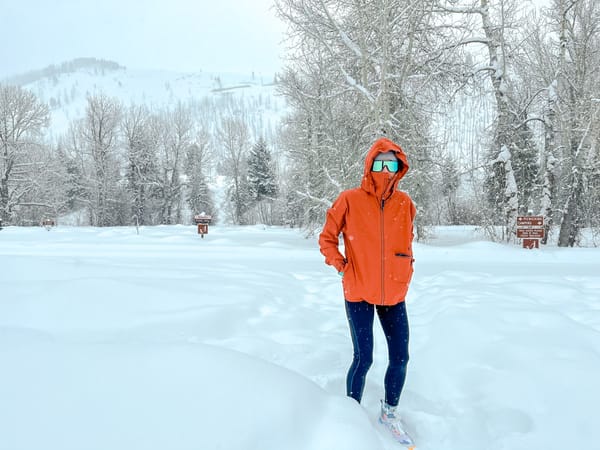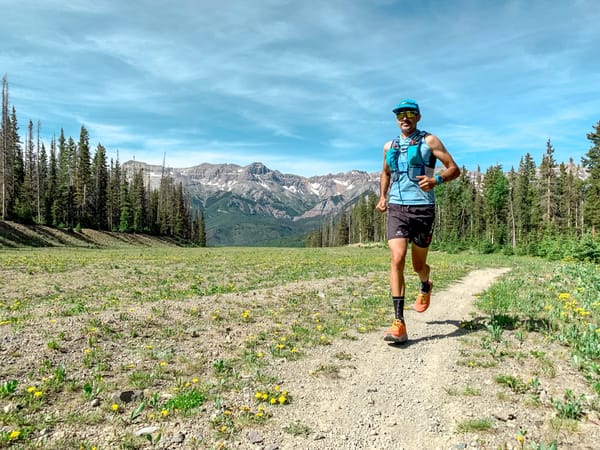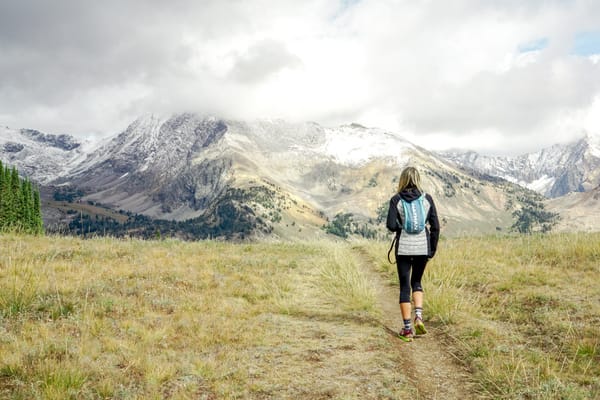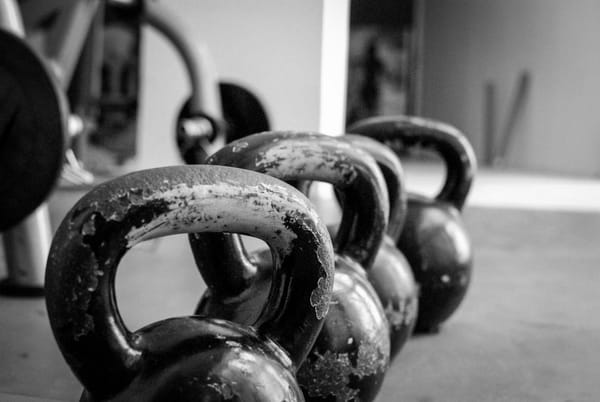Wayfinder 64 / Does Medicine Make You Live Longer + Postpartum Depression / Pedaling Away from Anxiety
Does Medicine Actually Make People Live Longer? →
This piece has interesting research and comments about the role medicine, environment and diet has played on life expectancy. According to the research, the introduction of farming caused a plummet in average life expectancy, down considerably from when we were hunters and gatherers. Infectious disease became more prevalent due to larger populations and living with domestic animals. Improved sanitation practices, then medicine, brought the average back up about a hundred years ago. Sadly medicine (medical error) currently plays a significant role in deaths (ranking 3rd behind heart disease and cancer). While medical intervention continues to push the average age upward, it doesn't impact the quality of life. We live longer, but do so in a state of dis-ease.
While life expectancy in the U.S. now teeters around the 80-year mark (under for men, just over for women), “healthy life expectancy,” a measure that discounts the years a person spends severely ill, finds the average American only has 68.5 healthy years.
Endurance Sports Wrecked My Body Image. Farming Saved Me. →
AC Shilton writes about a life transition — working the farm and a healthier perspective on food and body image.
The impetus to buy the farm grew out of a career and identity crisis I was having. I was feeling increasingly insecure about the stability of my chosen profession—journalism. I’ve ducked and woven my way through a freelance writing career, bringing home just enough money to drive an 18-year-old truck and (sometimes) have health insurance. At the same time, I’d completely burned out on endurance sports, which I’d been doing throughout my teens and twenties. Training felt like a chore, and I was seeking a new way to use my body that didn’t require thousands of dollars in gear and entry fees.
Still, I never fully came to terms with my body—the size or the shape or the wonder of it. Post-recovery, at my healthy weight, I’m 145 pounds. In the normal world, no one would call me overweight. But for more than a decade, I didn’t live in the normal world. I lived in the endurance-sports world, where tininess was right up there with godliness.
Stop Sitting for Just 30 Minutes: Any Kind of Activity Will Help You Live Longer →
It’s well established that sitting too much can send you to an early grave—health experts even call it “sitting disease”—and that moving more can help you live longer. Now, research shows that if you’re able to swap just 30 minutes of your usual sitting time with physical activity, you can reduce your risk of checking out early.
You have more than 600 muscles that make up your human body. You are literally made to move. When those muscles are put in park for prolonged periods, your metabolism tanks and your risk for metabolic disease like diabetes, obesity, and heart disease increases.
Fierce Flyer Kristen on Postpartum Depression →
Postpartum depression. Something I never even knew existed until about a month into maternity leave. I remember a post popping up on Facebook where a new mom of a 6-month-old had taken her life and thinking, “how could that happen?” It didn’t even cross my mind that I as I read that article, I was going through PPD myself and would never imagine that I would lose one of my best friends from the very same thing months later.
Early risers 'less likely to develop mental health problems' →
A large-scale genetics study found being biologically programmed to wake up early is linked to greater happiness and a lower risk of schizophrenia and depression. I have never been an early riser. If the sun isn't up, I'm not up. — Paul
Pedaling Away from Anxiety—Cycling and Mental Health →
A Scottish research group composed of a bike org called Developing Mountain Biking in Scotland, the Scottish Borders Health and Social Care Partnership’s Galashiels Resource Center, and Edinburgh Napier University, have been studying the positive mental health benefits of mountain biking since September.
The reporter reflects on his own introduction to, and need for, mountain biking to calm his anxiety.
Initially, I took to dirt riding because it looked fun as hell, and I like doing things that are fun as hell. I gave no thought whatsoever to any positive developments for my mental health. But it wasn’t long, seriously, like three rides, before it became a daily must for me to swing a leg over the saddle and bomb down a singletrack somewhere, because it helped slow down my racing thoughts, and gave me something positive to look forward to at the end of the day.




